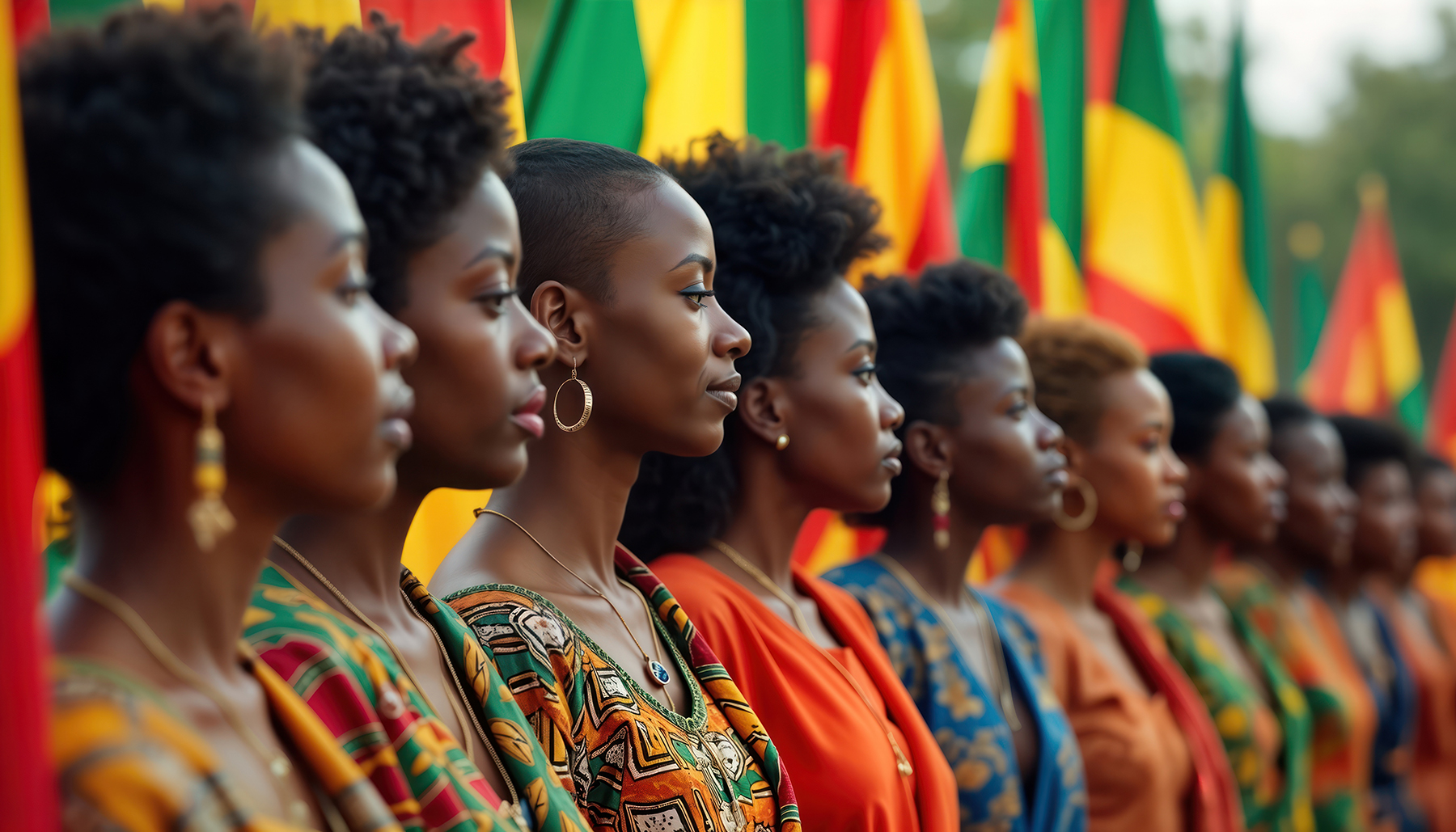Twenty-five years ago, Maya Angelou gave an interview in the Fall 1990 edition of The Paris Review, titled The Art of Fiction in which she spoke of growth as follows:
“Most people don’t grow up. It’s too damn difficult. What happens is most people get older. That’s the truth of it… But to grow up costs the earth, the earth. It means you take responsibility for the time you take up, for the space you occupy. It’s serious business. And you find out what it costs us to love and to lose, to dare and to fail. And maybe even more, to succeed.”
This quote powerfully captures how genuine growth and maturation requires tremendous sacrifice and courage. Angelou understood that moving beyond simply getting older to actually growing up demands we face life’s full spectrum of experiences and consequences – the triumphant alongside the painful.
Today this quote provides meaning and direction at a critical juncture. As a foundation, we are well aware of the weight and convictions the name we bear carries. But we are also facing unprecedented times where an infant organization like ours must place its future ahead of the urgency of now. Concurrently, we recognize that being eponymous requires the representation of our acts to be above all else, honest.
Today brings a moment where our hearts break as our ancestors gather to welcome amongst them a fallen comrade whose befitting tribute will need to wait for another day. For the Mĩcere Gĩthae Mũgo Foundation, this loss reverberates deeply as the departed was, for our beloved Mĩcere, a sister in the struggle, a fellow traveler on the path to freedom – a path marked sacrifice, motherhood, and the price of being unbowed Black women who dared to dream aloud.
Their paths first crossed in the late 1960s, when Mĩcere, newly arrived in North America was drawn by the urgent pulse of Black student activism. They gathered amongst others in living rooms and in rallies—exchanging stories, strategies, and hope. Two young Black women, continents apart in birth but kin in calling, who in the years to follow would pay a heavy price for loving their people too much, both be torn from home, and both find—on foreign soil—a new kind of belonging.
In their respective new lands they continued to nurture, to teach, to pour themselves into the next generation—planting seeds in soils not of their birth, but of their choosing. For both, exile was not erasure; it was metamorphosis. They turned their exile into sanctuary for others. They made “home” wherever Black children gathered to learn, to dream, to rise.
Their last reunion in the mid-1980s was a quiet affirmation that neither confinement, nor exile, nor the weight of empire could sever the ties of sisterhood and shared vision. In each other, they recognized the ancient, ever-new role of Black women as carriers of memory, builders of freedom, midwives of the possible.
And so today we look to the past in celebration the vast, unbroken legacy of Black women who have dared to resist and reimagine the world, while pledging to return to this reflection at a time when and where we’re able to do so as Mĩcere would.
We pledge to not forgot, to not bow. And to remember that to love Black people, to fight for Black freedom, is still a necessary, revolutionary act. We ask that you hold us to this promise as we take counsel in Maya Angelou’s words, reminding us that the discomfort of true growth isn’t something to avoid, but rather the necessary price of becoming who we’re meant to be.
A Luta Continua.
Ashe.
